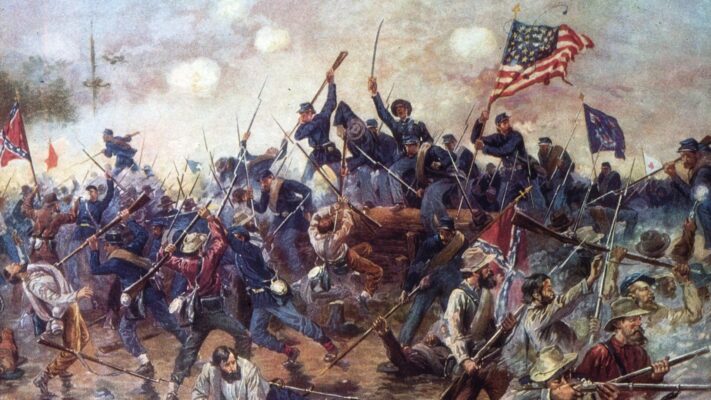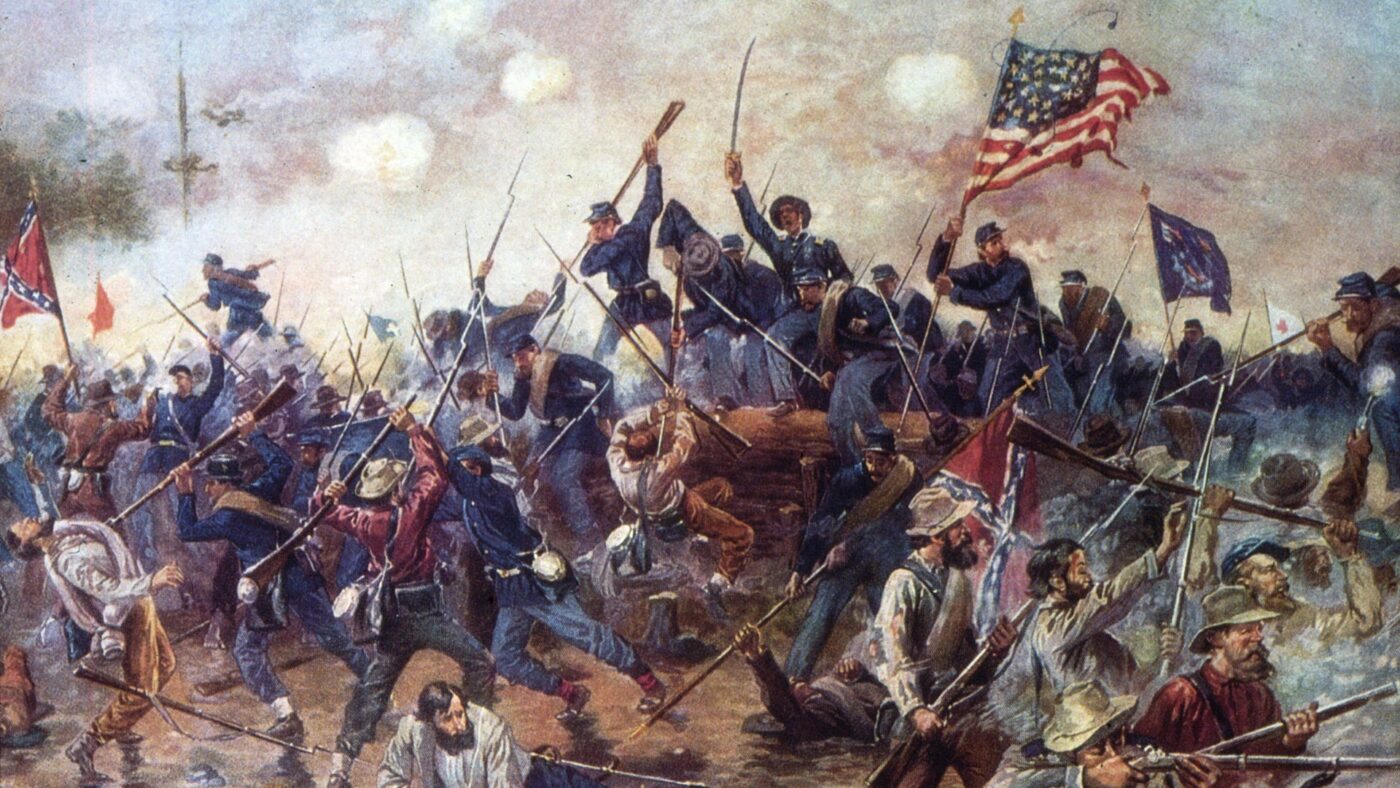The lives of slaves after the Civil War were complex and varied, marked by both hope and hardship. Here’s a comprehensive overview:
Emancipation and the End of Slavery:
- 1863: The Emancipation Proclamation declared slaves in Confederate-held territories free, officially starting the process of emancipation.
- 1865: The 13th Amendment banned slavery throughout the United States, formally abolishing the institution.
Reconstruction Era (1865-1877):
- Freedpeople faced challenges: Many remained in the South, working as sharecroppers on their former plantations under a system that often kept them in debt and poverty. Additionally, access to land and resources was limited.
- Political aspirations: African Americans embraced their newfound citizenship and voting rights, actively participating in politics and electing some of the first Black government officials.
- Resistance and challenges: White Southerners resisted changes brought by Reconstruction, resorting to violence and intimidation through groups like the Ku Klux Klan to suppress Black voting and maintain racial hierarchies.
- Federal withdrawal: By the late 1870s, federal troops, crucial for protecting Black civil rights in the South, were withdrawn, leading to a decline in Reconstruction efforts.
Beyond Reconstruction:
- Disenfranchisement and Segregation: Jim Crow laws and practices throughout the South disenfranchised Black voters and enforced racial segregation in public spaces and institutions, effectively nullifying gains made during Reconstruction.
- Migration and Urbanization: Over time, many African Americans migrated North and West seeking better economic opportunities and escaping racial oppression in the South. This “Great Migration” led to the growth of Black communities in major cities.
- Civil Rights Movement: Throughout the 20th century, the Civil Rights Movement fought against segregation and discrimination, culminating in major legislative victories like the Civil Rights Act of 1964 and the Voting Rights Act of 1965.

Long-Term Effects:
- The legacy of slavery continues to have an impact on the lives of Black Americans today, evident in disparities in wealth, education, healthcare, and criminal justice.
- Despite ongoing challenges, the post-Civil War era also saw the rise of a vibrant Black culture, marked by resilience, entrepreneurship, and artistic expression.
Additional Resources:
- Library of Congress: “Reconstruction and Its Aftermath” – https://www.loc.gov/exhibits/african-american-odyssey/
- Khan Academy: “Life after slavery for African Americans” – https://www.khanacademy.org/humanities/us-history/civil-war-era/reconstruction/a/life-after-slavery
- Britannica: “African Americans – Civil War, Slavery, Emancipation” – https://www.britannica.com/topic/civil-war
Remember, this is just a starting point. The experiences of individuals during this period were diverse and nuanced, and further research can provide deeper insights into the complex realities of life after slavery.

